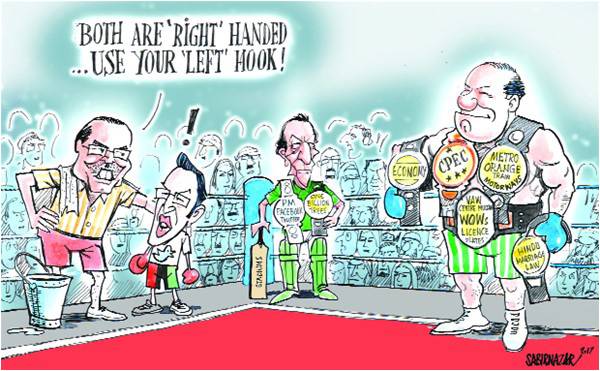
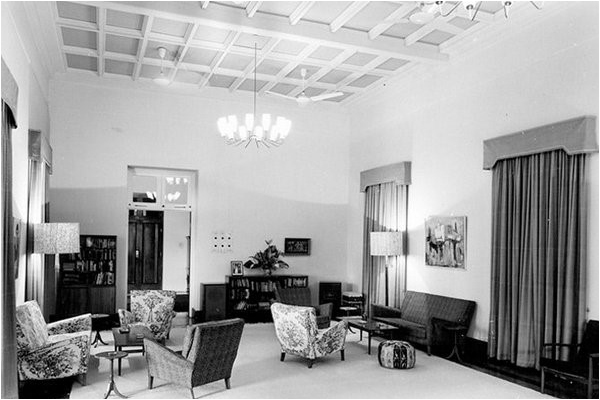
Jinnah House
Sir,
An Indian politician and vice-president of the Bharatiya Janata Party (BJP), Maharashtra, Mangal Prabhat Lodha has demanded that a 2.5 acre mansion (worth an estimated $400m today) owned by Mohammad Ali Jinnah in Mumbai be demolished and that a cultural centre be built in its place.
This is another instance of animosity as expressed by the activists and extremists of the BJP. Before this, a large mass of Hindu volunteers demolished the 16th Century Babri Mosque in the city of Ayodhya, in Uttar Pradesh on December 6, 1992.
The founder of Pakistan, Mohammad Ali Jinnah had built a house in south Mumbai, formally called South Court, in 1936 at a then exorbitant price of Rs200,000. The historic building was also the venue for the turning point in talks on the partition of India in September 1944 between Jinnah and Mahatma Gandhi. It is famed for its Italian marble and walnut wood panelling, reported a newspaper. BJP MP Lodha urged the Indian government to declare Jinnah House “enemy property” and hand it to the state of Maharashtra. His reasoning was reported to be: “The Jinnah residence was the place from where the conspiracy of Partition was hatched. Jinnah House is a symbol of the Partition. The structure should be demolished.”
After the partition of India, Jinnah moved to Karachi and requested Nehru, the then Indian prime minister to allot his house to any foreign consulate. Nehru agreed to Jinnah’s request and offered him a monthly rent of three thousand rupees. Unfortunately, Jinnah died in September 1948 before the deal could be finalized. As a personal favour to Jinnah, Nehru did not declare the property enemy property. The premises remained vacant until 2003, when a part of it was given to the Indian Council for Cultural Relations to be used for cultural activities.
The BJP’s penchant for demanding that ancient structures be demolished just because of some Muslim connection means that they should then take down several historic edifices such as the Taj Mahal in Agra, Jama Masjid, the Red Fort, and Humayun’s Tomb in Delhi, the Diwan-e-Khas in Fatehpur Sikri. The first Indian highway was built by Sher Shah Suri. If all of these monuments present a problem, perhaps they should start to demolish the entire India to fulfill their dream of Hindutva as soon as possible.
Mansoor Ahmed,
Faisalabad.
Family festival
Sir,
The government has brought a good source of entertainment to the people of Turbat by holding a family festival. It started on March 23 and will go till April 15. I really appreciate the government and the people who helped organize it. I hope that more will be held as they are a good source of relief for poor people who cannot otherwise afford other outings.
Qandeel Baloch,
Turbat.
Expired medicines
Sir,
Expired medicines are sold in a high number in Turbat, and are hazardous for public health. Deaths have taken place due to the use of expired medicines. Despite the presence of drug inspectors in Turbat, shopkeepers keep selling expired medicines in high numbers. It is a matter of concern that store owners are given a free hand to play with the lives of people. I request the authorities to take serious action against those who are playing with the lives of people.
Ayaz Umar,
Turbat
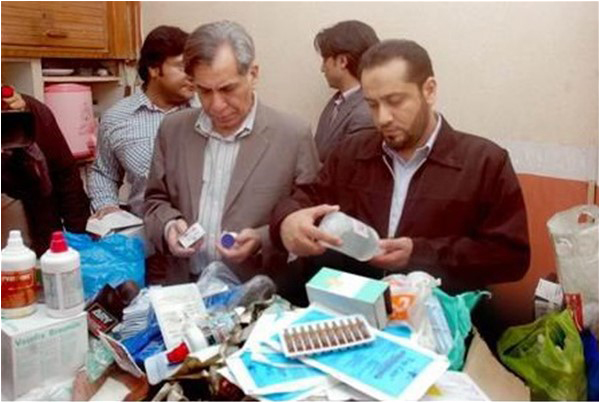
Karachi buses
Sir,
Public transport is widely used by the people of Karachi as it is cheaper than owning a vehicle and also help reduce traffic congestion. But these days and for a long time now, the transport system in the Karachi has been in a sorry state. The continuous lack of public transport has badly affected the lives of the people who use it. The recent ban on motorcycle rickshaws has made things worse.
The transport’s schedules are irregular as well. The vehicles are not maintained and are in a bad state. The seats and windows are broken or dirty. During peak hours the buses are overloaded and people are crammed inside.
Alternative transportation is needed. I urge the authorities to take serious notice of the problem.
Shabia Bashir Chouhan,
Karachi.
Killa Abdullah
Sir,
Killa Abdullah is a district in Balochistan that faces many problems of which education and health are especially unbearable. The children of Killa Abdullah are suffering from malnutrition, and a number of polio cases have also been reported from this area. There is only one Civil hospital for the area but it does not have enough doctors and medicines. Therefore, people are forced to go to Quetta for treatment, and the poor can’t afford it, as a result of which they suffer a lot.
Secondly, Killa Abdullah doesn’t have proper educational facilities so its children work as labourers to help their families. I request the government of Balochistan to take do something.
Ayaz Umar,
Kech.
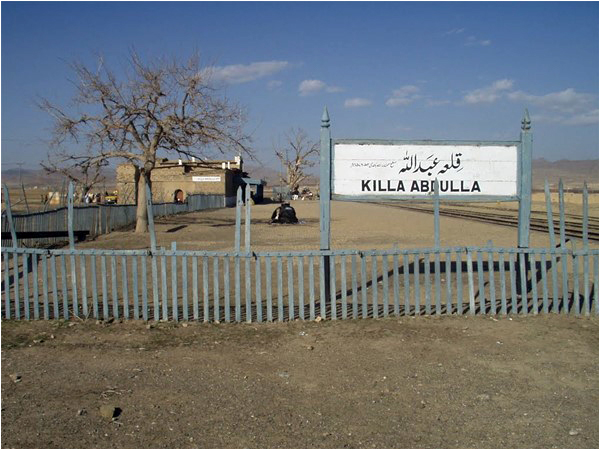
Political dynasties
Sir,
The sub-continent’s longest surviving political dynasty started by Motilal Nehru and his son Jawaharlal Nehru ultimately faded into obscurity, following massive corruption scams that dominated the controversial rule of Rajeev Gandhi and his spouse Sonia Gandhi. Even Jawaharlal’s leading role in the Congress Party’s struggle for independence, led by Mahatma Gandhi, failed to prevent this dynasty’s failure in the polls. Electoral promises raised the hopes of the masses and unfulfilled results in an angry backlash.
In Pakistan, the judicial murder of elected prime minister, Zulfikar Ali Bhutto, by a controversial military dictator created a wave of sympathy, because his staunchest opponents, including the military junta, could not file any credible case of corruption. ZAB lived in the hearts and minds of the people. He laid the foundation for our nuclear deterrence. He gave a voice to the poor and restored the morale of a nation that faced the humiliation of 1971. Eleven years of military rule could not wipe out his legacy and ultimately his daughter, who was forced into political exile, returned triumphantly to win elections in 1988.
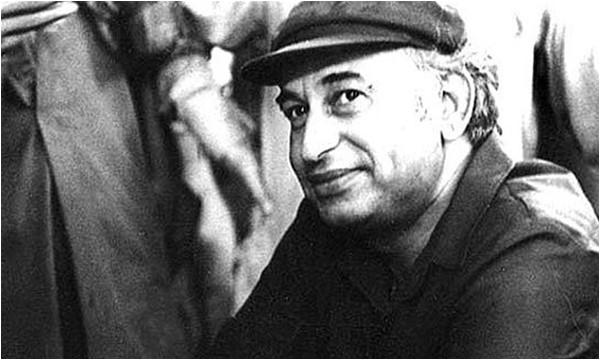
Punjab, Khyber Pakhtunkhwa and Sindh were the powerbase of ZAB’s vote bank and Benazir benefitted from it. Following her marriage to Asif Zardari, though, rumors surfaced of kickbacks and corruption. But she managed to contain the damage and again won in the polls. Unfortunately, after her assassination and her husband’s takeover of the party, this perception of corruption returned. It was cemented by frontmen owning large industrial empires in Sindh and properties spread across the Gulf, UK, the US, France etc. And as if this were not enough, the rampant corruption of his cronies led to the destruction of every major state-run entity.
From 2008 to 2013, billions of rupees allocated for development in Larkana and rural Sindh vanished while existing infrastructure of schools, hospitals, roads, housing collapsed. Karachi was taken hostage by criminals because of political exigencies and was reduced to a garbage dump. Corrupt ministers and bureaucrats gained prominence during his rule which ultimately resulted in the PPP being wiped out from the Punjab and KP and it is likely to face setbacks in rural Sindh, unless there is a visible change in its work priorities. The other emerging political dynasty led by Nawaz Sharif is facing a similar dilemma.
Ali Malik Tariq,
Lahore.
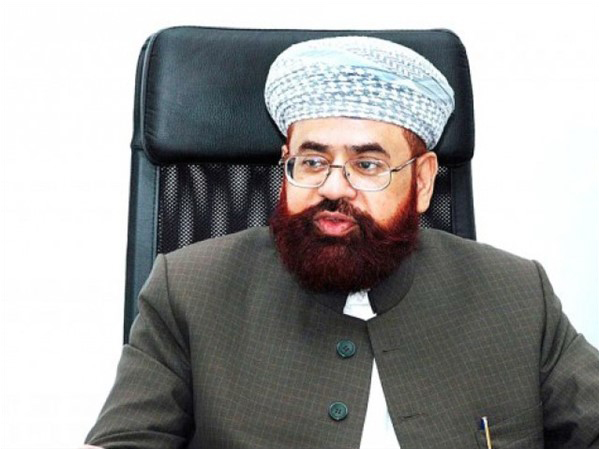
Early marriage
Sir,
Early marriage has been the most horrifying child rights violation in Pakistan. Children under the age 15 years are married off, especially in the case of girls. Some girls have been reported to have committed suicide after marrying. Parents should not do this to their children.
Action aid has recommended the following as a solution in Pakistan: The Child Marriage Restraint Act, 1929 has defined the official age of marriage for girls to be 16 years. It is not justified to legalize marriage at such a tender age and this law needs to be revised. The campaign called for revisions in the law to change the age of marriage for girls to a minimum of 18 years. Even though the law exists defining 16 years as the minimum age of marriage for girls, it continues to be disregarded by the public and girls are very often married at ages less than 16 years. There is therefore need to ensure implementation of the law and strict measures need to be taken in this regard. The punishment for solemnizing a child marriage remains one month imprisonment or a fine of Rs1,000, which is too minimal for the parties undertaking such actions to be concerned. It was therefore felt that the penalties should be increased to match the crime. The Birth Registration system of the country is also faulty and a large part of the population remains unregistered up until such a point when there is need for a National Identification Card. Revisions within the system are therefore crucial and incentives to register the birth of a child could prove to be beneficial. Assistance of LHVs could be sought for this purpose. If the Nikah Nama (marriage contract) includes the requirement of possessing a CNIC for it to be finalized, the minimum age of marriage for both boys and girls will automatically become 18 years. Mass awareness raising campaigns need to be initiated to sensitize the general public regarding girl child marriage. Media can play a critical role in passing key messages to the public in a gender sensitive manner. There is need for revisions in school curriculums to include gender sensitive messages highlighting the importance of women’s rights, and leading to a paradigm shift in the attitudes of the society. The biggest hurdles in preventing girl child marriage remain cultural practices and traditional attitudes of the people. These cannot be changed by any single agency and there is need for a collective, unified voice to be raised against the issue by every sector of the society. Men remain the decision makers within the society and their roles as fathers, brothers and husbands needs to be emphasized. There is need to work directly and repeatedly with men to sensitize them and change their attitudes towards women.
Meer Dadshah,
Kech.
Hajj scam
Sir,
Apropos reports about jubilation following the acquittal of former minister (he was released March 23) and director-general of Hajj in the 2010 Hajj scam, a question arises. Who was responsible for visually documented reports by the electronic and print media and the letter written by Prince Bandar bin Khalid to the Supreme Court. The Saudi prince pointed out financial irregularities in the Hajj scheme of Pakistan’s Ministry of Religious Affairs in a letter to the Chief Justice of Pakistan, Iftikhar Muhammad Chaudhry. Was it the fate and destiny of over 40,000 innocent poor Hajis, or was their suffering ordained by nature? What about the judgment of the Special Judge of the Central Court in Islamabad and allegations that rented residences for pilgrims who paid SR3600 each in 2010 were actually for around SR1500 only.
Why should the proof of their sufferings not be enough? As for the money trail of gross financial irregularities, which most likely occurred, the fault lies with the government and state regulatory agencies funded by the taxpayer for failing to perform their duties. Every year thousands of so-called volunteers, from the civil and uniformed services, proceed to the Holy Land to serve as Khadimain Hujjaj, all expenses paid. Why do we have a DG Hajj and separate ministry for Hajj then if they are not to be held responsible for such neglect?
MT Ali,
Lahore.
Aliens did it
Sir,
Apropos Imran Khan’s scathing criticism after a series of acquittals and bail being granted to prominent members of the previous government, such as Dr Asim, Sharjeel Memon and scores of others, amid allegations of corruption and pilferage amounting to billions of rupees as part of a deal. For the record no allegation of corruption leveled against any civil or uniformed bureaucrat or any political leader has ever been proven in Pakistan.
May I suggest that Imran Khan should reconsider these charges and perhaps seek extraterrestrial assistance to investigate whether some aliens from outer space maybe involved in this conspiracy to defame the current elected government and the opposition party headed by Asif Zardari? After all, billions of rupees were allocated for the development of rural Sindh, including Larkana, and all these mega projects seem to have evaporated into thin air.
We must accept that there is no money trail and our judiciary has, in its wisdom, accepted that Ayaan Ali was not involved in money laundering and only wanted to hand over this money to her relatives in the transit lounge. It is these aliens from outer space who own hotels, buildings and mansions in the Gulf and Europe.
Ali Malik T,
Lahore.
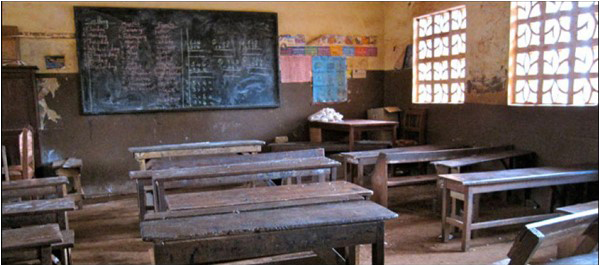
Sindh education
Sir,
Sindh’s education is facing several problems. As Chief Minister Murad Ali Shah observed, the main problem is illiteracy which is creating unbearable problems for the province. In some schools basic infrastructure is not available such as drinking water and toilets. Besides this, ghost schools exist and ghost teachers do not bother to teach or even show up for work. In the some areas the schools are far away so children have a hard time reaching them. I request the CM to take serious action.
Ayaz Umar,
Turbat.
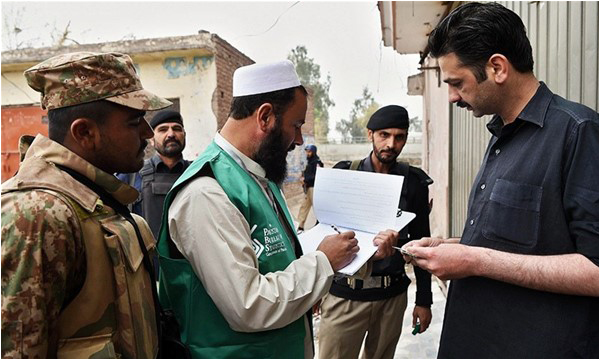
Census 2017
Sir,
The 2017 Census has started on a positive note but what will happen when the Bureau of Statistics announces the actual figures of the country’s population? I feel disgusted with the way our population has been rising in Pakistan. In 2015, its estimated population was over 191 million, making it the world’s sixth-most-populous country, behind Brazil and ahead of Nigeria. There will be serious consequences and effects if we continue at the same pace. This will mean more poverty, environmental degradation and political stability.
Unfortunately, people do not think of population control in our society due to their beliefs and faith. They think birth control programs are completely against the teachings and injunctions of Islam. Indeed, God has written the moralities and fate of every baby. However, Islam does not prevent you from adopting measures to live a healthy, peaceful and manageable life.
There is no such comprehensive and inclusive population control program at the government level despite the fact that population control can involve measures that improve people’s lives by giving them greater control of their reproduction. A few programs globally, most notably that of the Chinese government’s one-child per family policy, were coercive. That is not right either.
The whole nation should be ready to see the ugly face of the census 2017.
Mansoor Ahmed,
Faisalabad.

